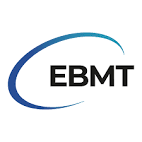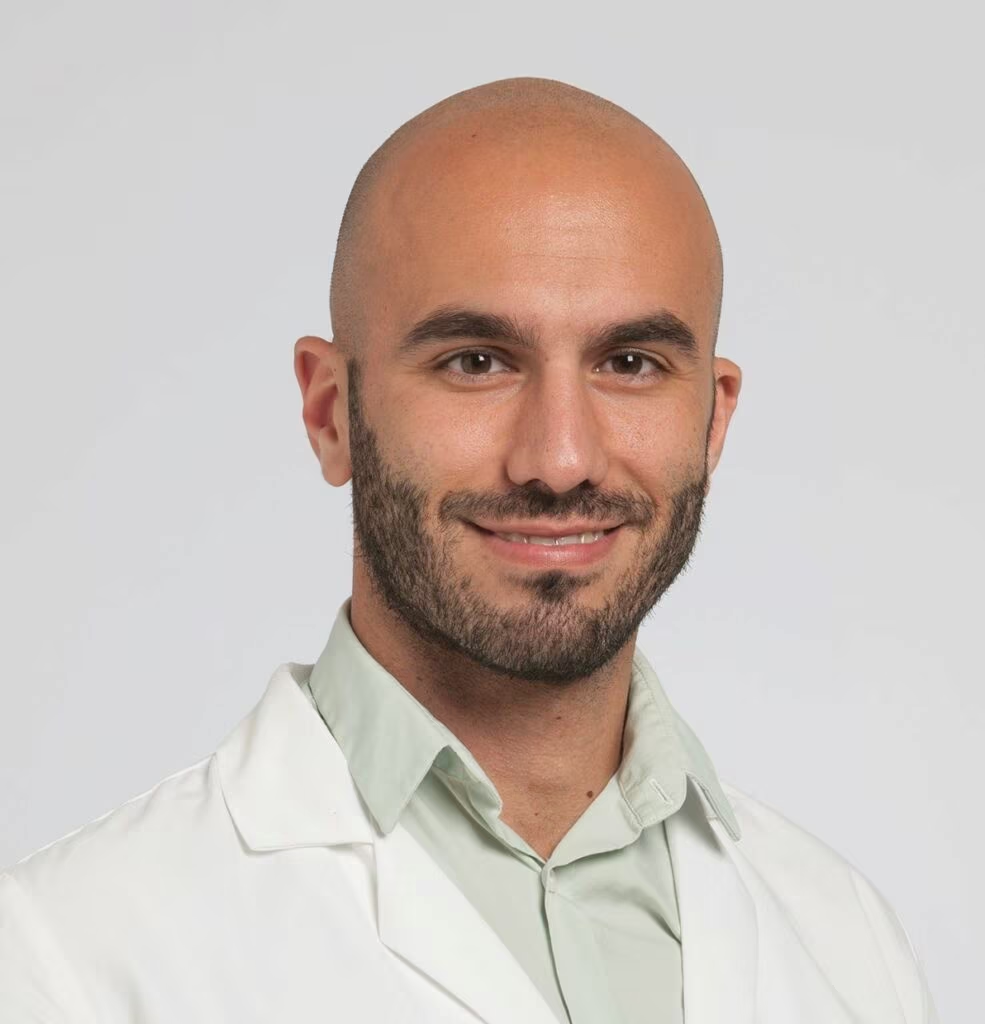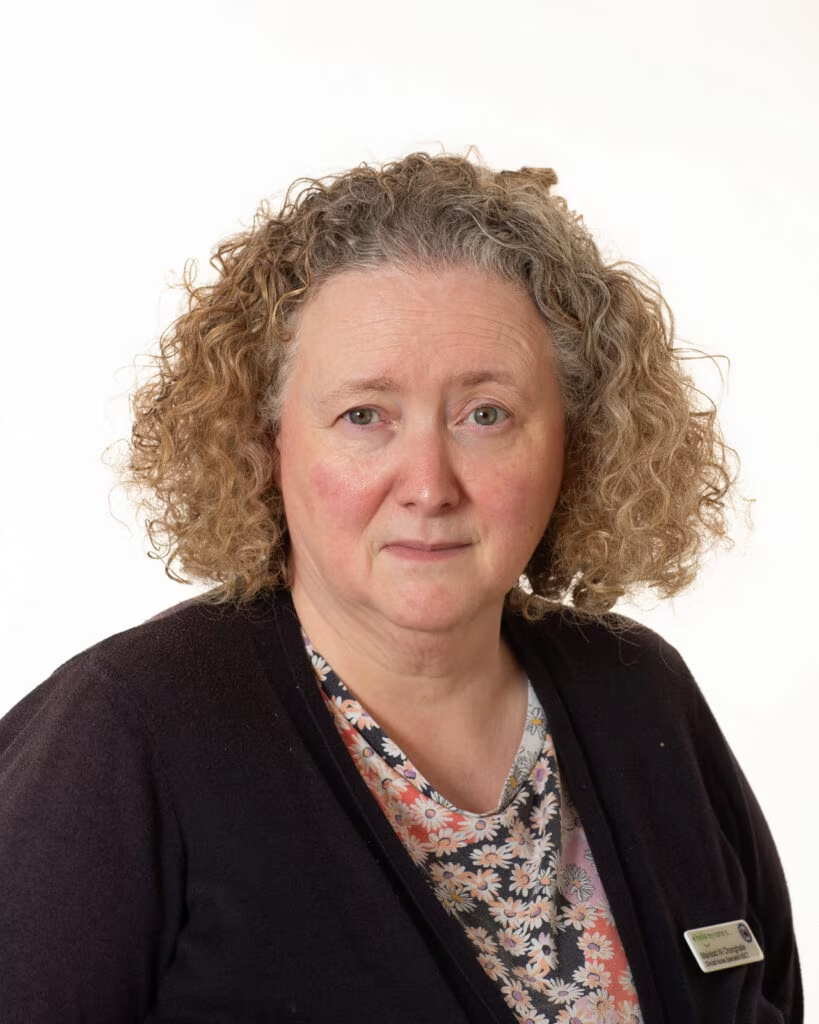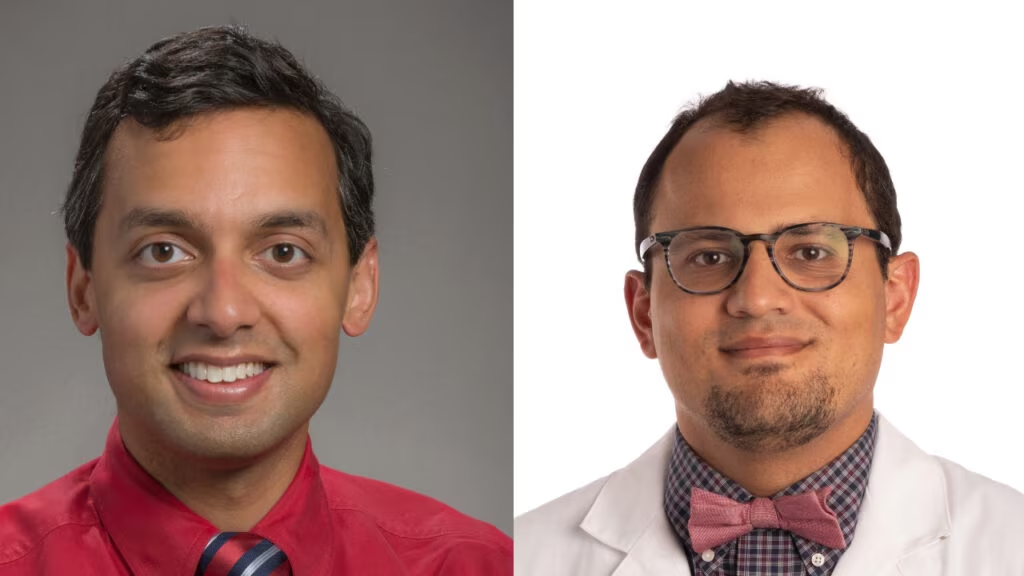Haematological Malignancies
An Introduction to Haematological Malignancies
In recent years, advances in our understanding of the pathological mechanisms underlying haematological malignancies have led to improved outcomes. Several novel drug classes are now emerging, including chimeric antigen receptor (CAR) T-cell therapy, molecular targeted therapies, bispecific T-cell engaging antibodies, CD47 blockade therapy and antibody-drug conjugates. Many challenges remain, however, including how best to combine agents and determining where new therapies fit into the treatment paradigm.
Expert video highlights, insights from the conference hub and comprehensive peer-reviewed articles from our journal portfolio provide updates on the changing treatment landscape. To learn more about how the latest developments impact on patient outcomes view our expert-led learning activities.”
Our supporting partners do not constitute an endorsement of the content on this page.
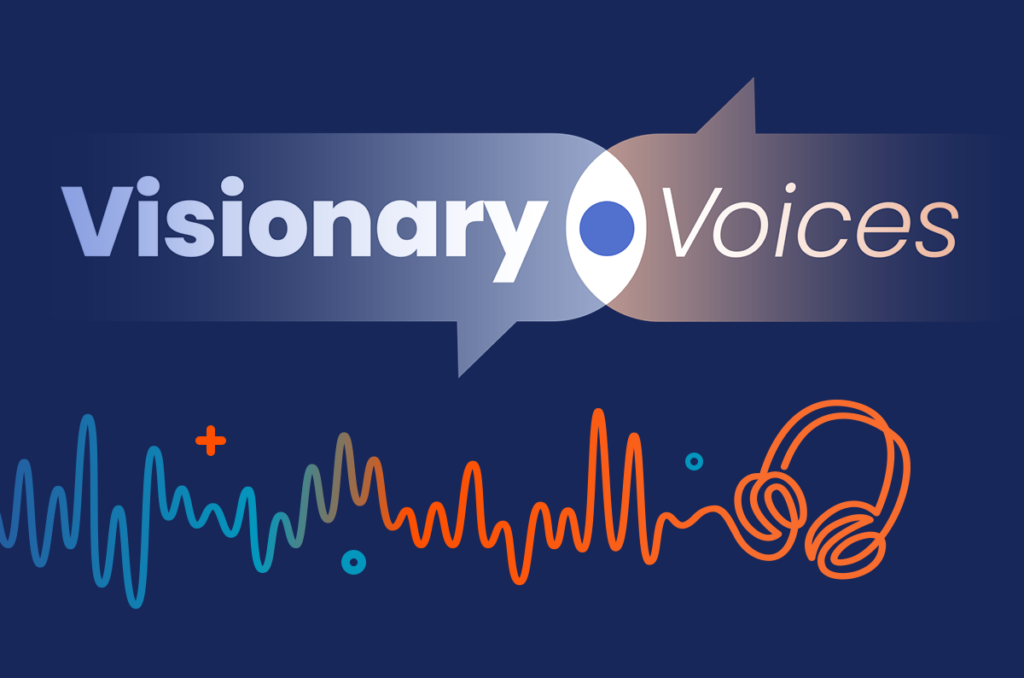
Physician burnout is at a critical point. In this episode, Nicky speaks with Dr Alfred Atanda about why so many physicians are burning out and what can be done to change the trend. From personal experience to system-wide solutions, Dr Atanda shares valuable insights on improving physician well-being and building a more effective healthcare culture.
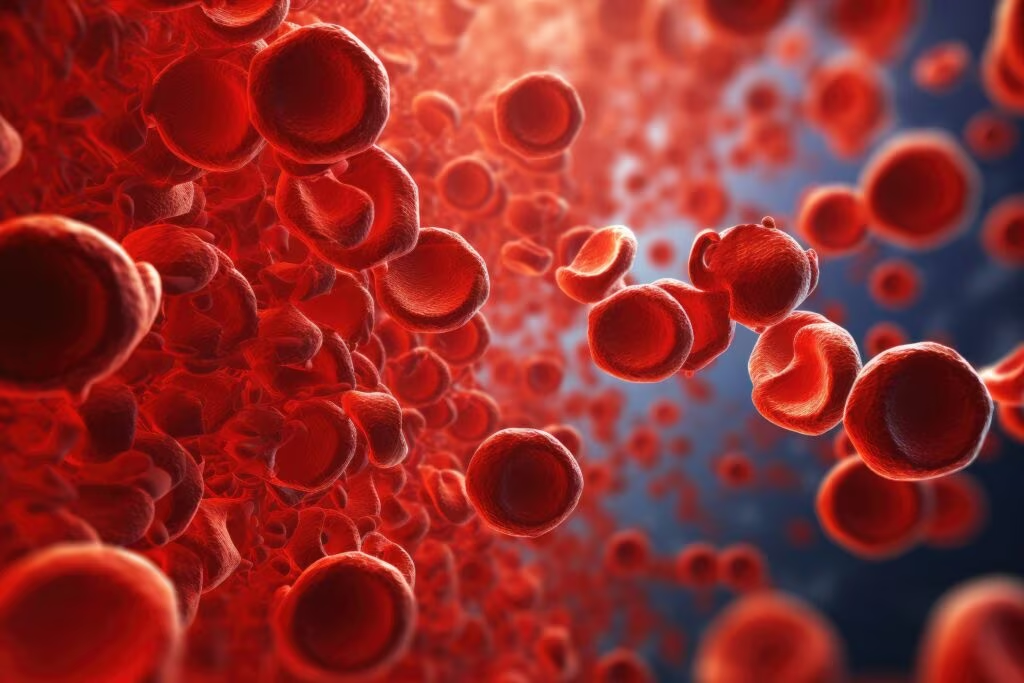
Dr. Miguel-Angel Perales discusses the need to expand access to CAR T-cell therapy by increasing awareness among community physicians. Real-world data show comparable or improved outcomes compared to trials, even in older and sicker patients, underscoring the importance of timely referrals for this innovative cancer treatment.
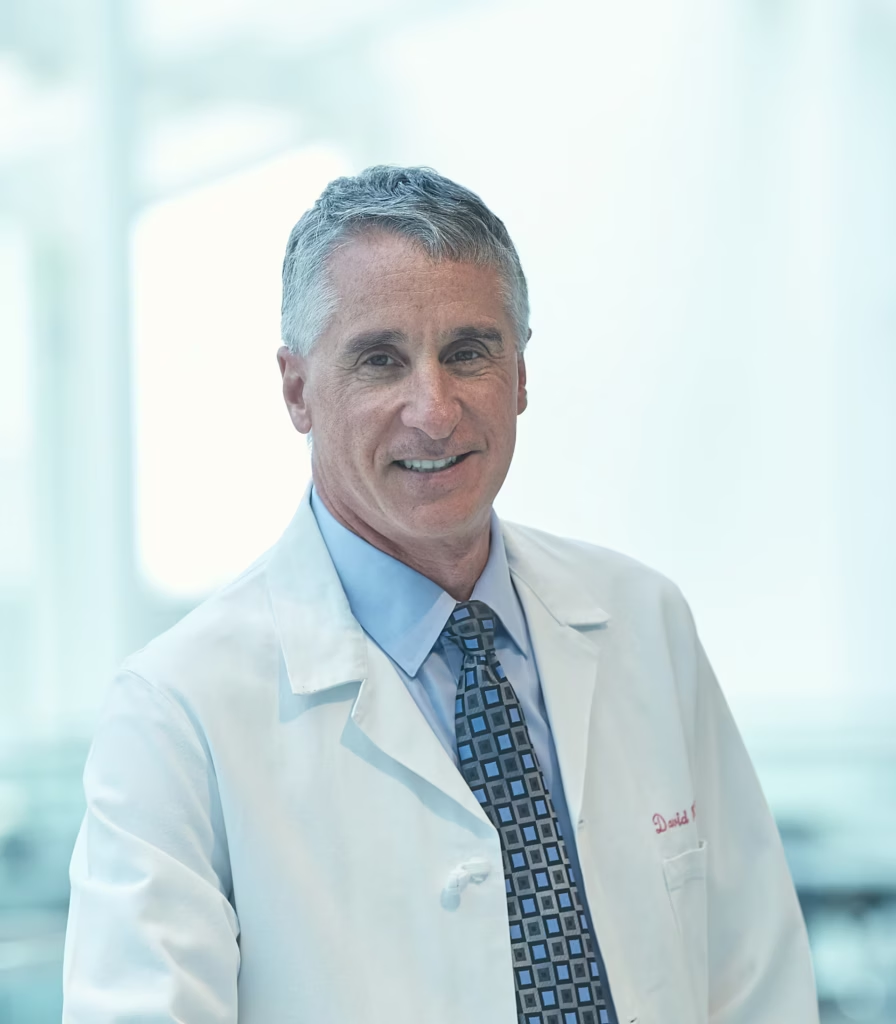
Dr. David Porter, President of ASTCT, outlines his vision for the Society’s future, emphasizing expanded access to cell therapies, multidisciplinary collaboration, and a bold strategic plan through 2030. He highlights exciting advances in treating autoimmune diseases and solid tumors, positioning ASTCT to lead in a rapidly evolving therapeutic landscape.

In this episode, we explore the future of continuing medical education (CME) with the team behind touchIME. Hannah Fisher and Matthew Goodwin share insights into global and US trends, the importance of patient inclusivity and how educational outcomes are evolving to better measure the direct impact of learning on clinical practice and patient care.
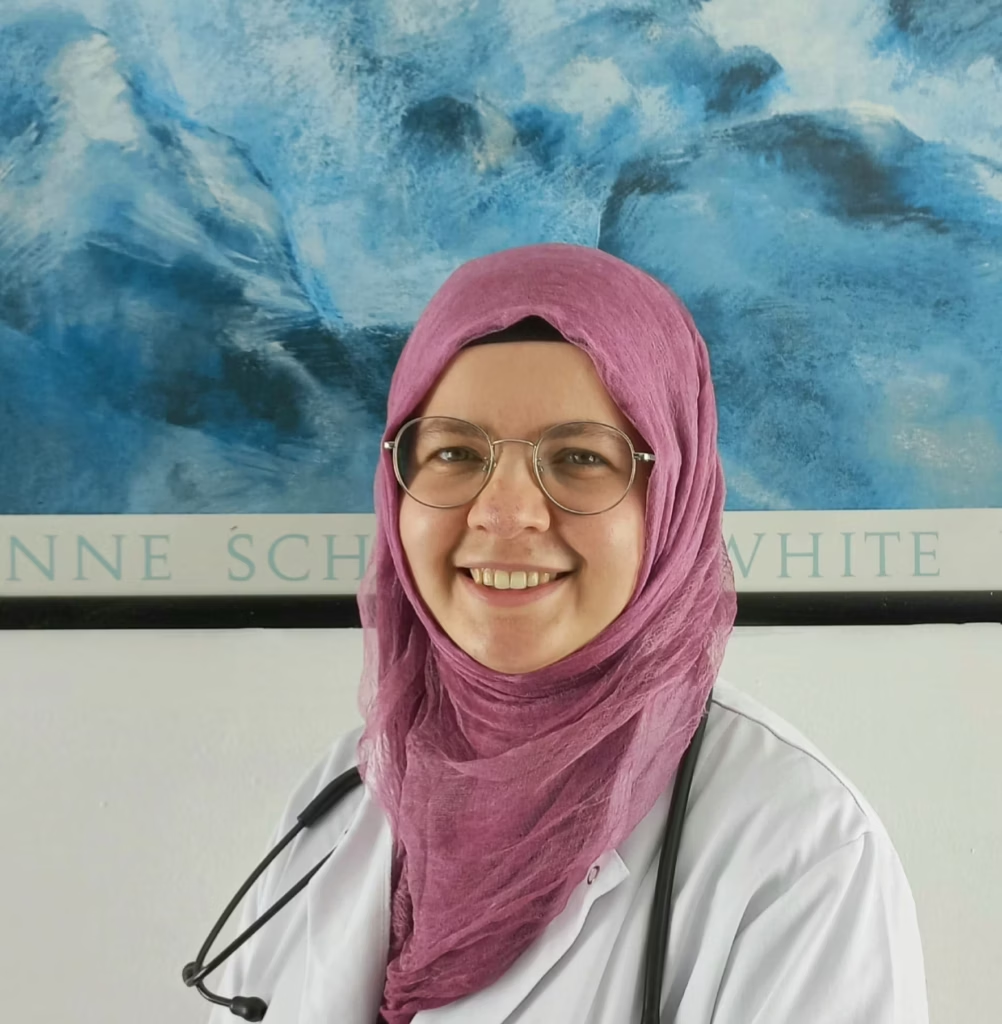
Dr. Esra Gülderen discusses her path into hematology, the critical role of mentorship, and how early research experiences shaped her confidence. Now a Co-chair of the EBMT Trainee Committee, she shares what motivates her and why clear communication, curiosity, and resilience are essential traits for aspiring haematologists.
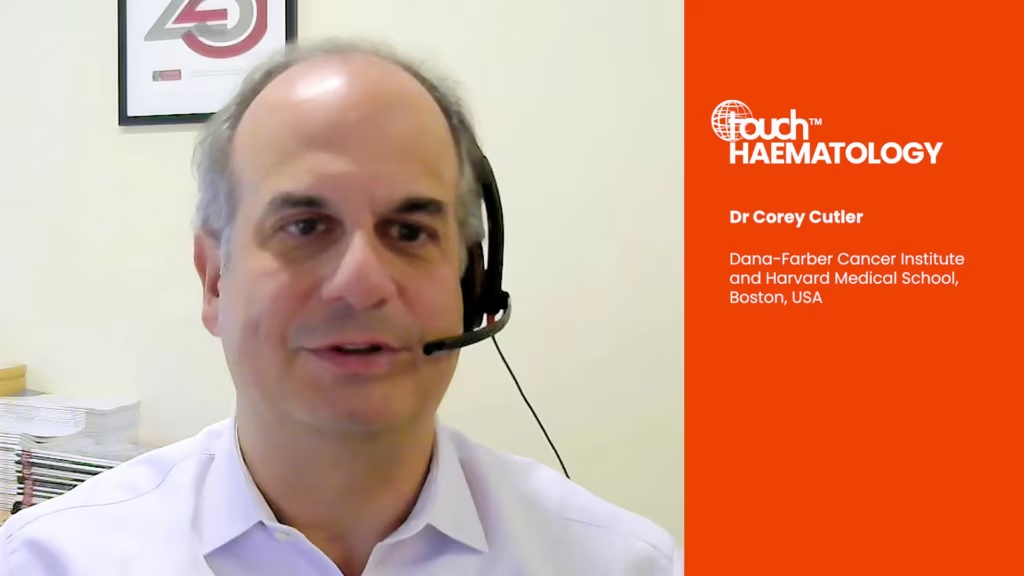
Expert insights on new and emerging approaches to optimize the management of steroid-refractory cGvHD.

Prof. Pierre Fenaux, Head of the Department of Hematology and Immunology at Assistance Publique-Hôpitaux de Paris Nord (Hôpitaux Saint-Louis, R Debré, Avicenne) is a leading expert in haematology with extensive experience in the treatment and management of myelodysplastic syndromes (MDS). In this interview, he discusses key considerations for first-line therapies in lower-risk MDS, the latest advances in treatment and the role of organizations like the European School of Hematology (ESH) in supporting haematologists.
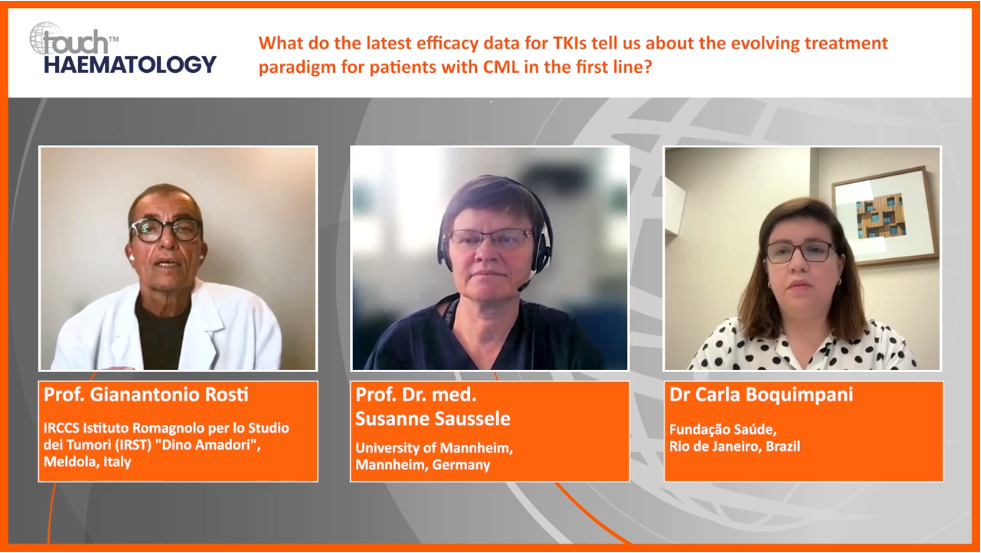
Watch this touchCONGRESS activity exploring advances in treatments for patients with CML, based on data from 2024 congresses, including EHA and ESH-iCMLf.





In our latest episode, we delve into the world of space medicine to explore how drug crystallization in microgravity could revolutionize biologic drug administration. Joining us is Dr Katie King, CEO of BioOrbit, to discuss the science, challenges, and technological advancements that could make space-based drug production a reality.
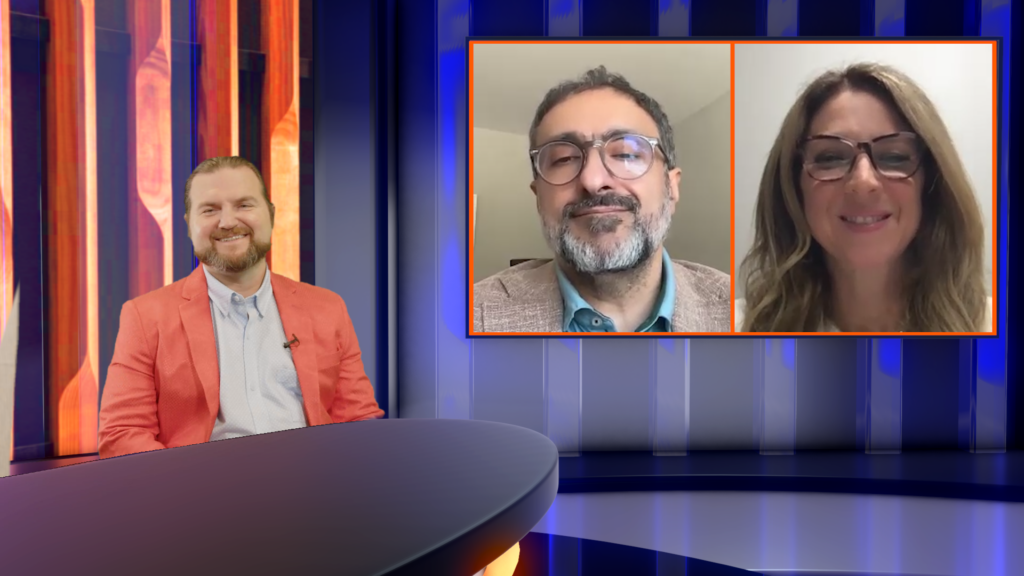
Haematology experts discuss the latest on novel therapies and treatment selection and sequencing in R/R FL





A recent review by Prof. Florence Pasquier and colleagues highlights the potential of olutasidenib, a selective, oral, small-molecule inhibitor of the mutant IDH1 enzyme, recently approved by the FDA as treatment option for patients with relapsed or refractory (R/R) acute myeloid leukemia (AML) with isocitrate dehydrogenase 1 (IDH1) mutations.
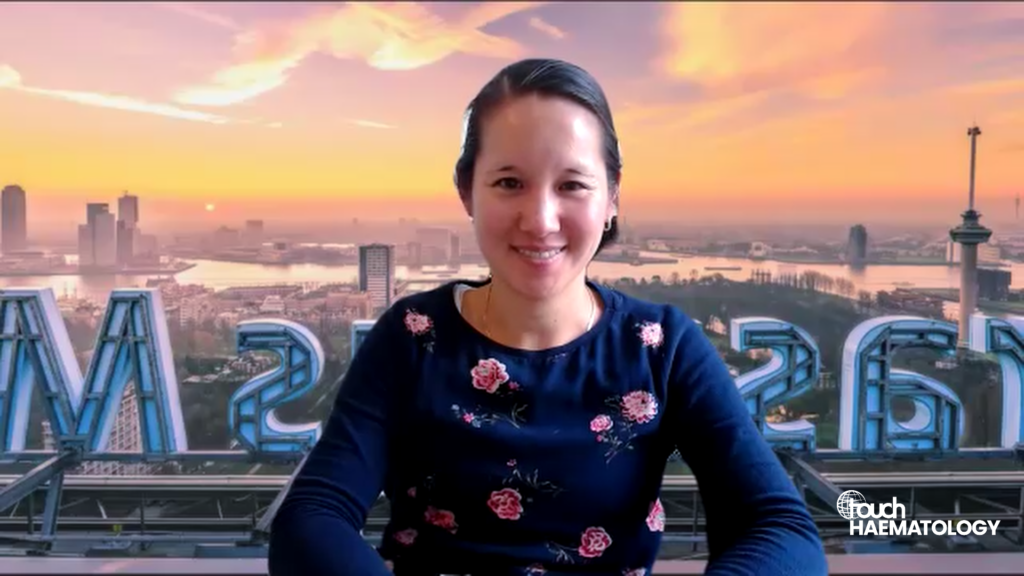
Dr. Mandy Lauw, outgoing Chair of the YoungEHA Committee, discusses how YoungEHA supports young hematology professionals and offers tips on maximizing the EHA Congress for career development. Topics covered include the main aim and mission of YoungEHA, YoungEHA's contributions to this year’s EHA Congress and throughout the year, how young professionals can get the most out of the EHA Congress and its available activities and resources, making the most of virtual attendance, the main aims of the YoungEHA committee for the coming year and Dr. Lauw's hopes for the committee's future.

Multidisciplinary experts discuss the diagnosis and management of patients with systemic mastocytosis.




Latest articles videos and clinical updates - straight to your inbox
Log into your Touch Account
Earn and track your CME credits on the go, save articles for later, and follow the latest congress coverage.
Register now for FREE Access
Register for free to hear about the latest expert-led education, peer-reviewed articles, conference highlights, and innovative CME activities.
Sign up with an Email
Or use a Social Account.
This Functionality is for
Members Only
Explore the latest in medical education and stay current in your field. Create a free account to track your learning.


